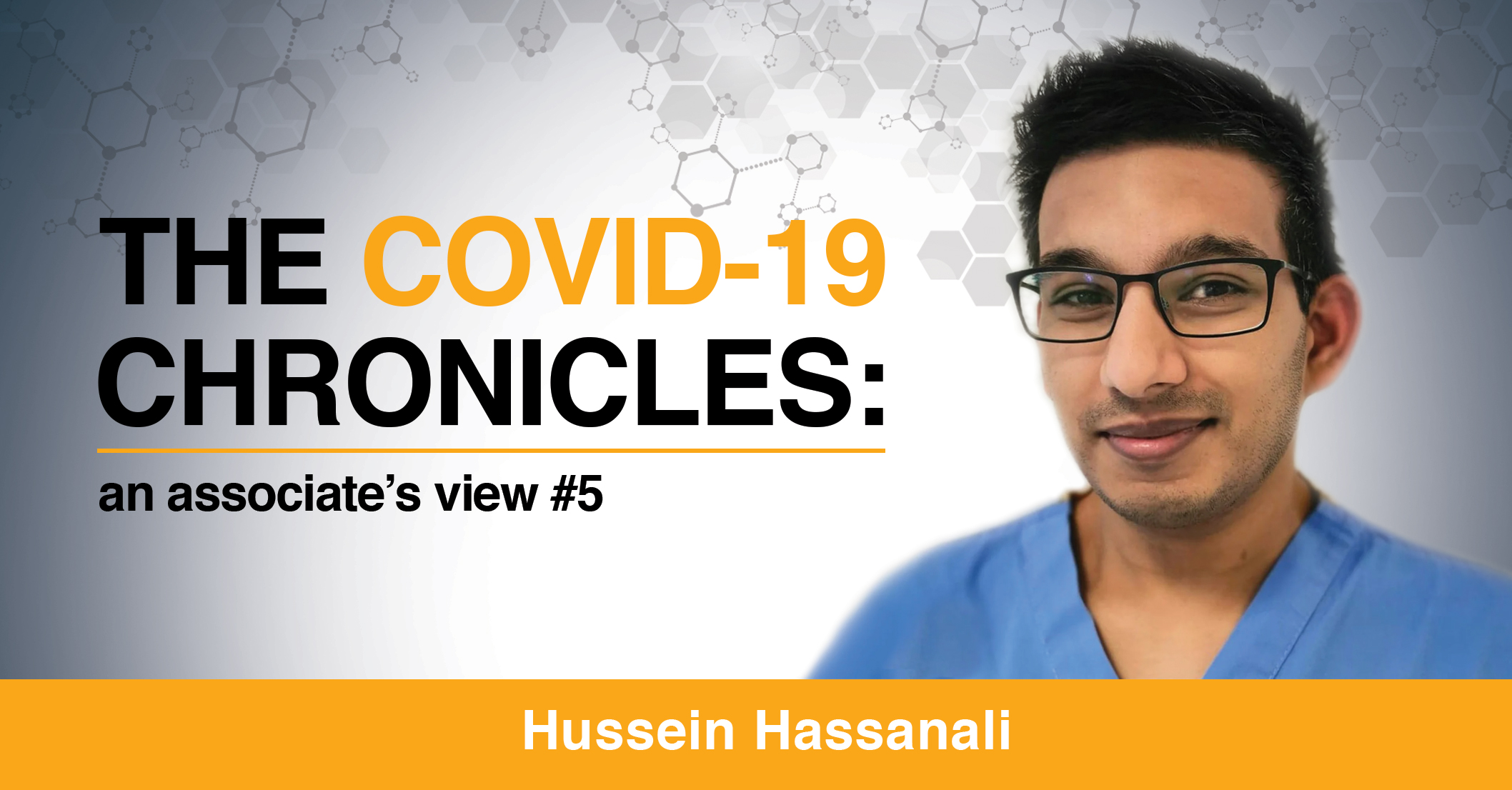At last, we’re back. There appears no sweeping changes to the NHS in the short -term. Long-term, many cross fingers it’s not back to UDAs. It’s galling it took a pandemic for decision makers to notice that performance-based healthcare doesn’t add up.
As soon as one contract year ends, the next begins. No break, no recuperation. Pedal to the metal from first day till last; constantly chasing a target. It’s so deflating seeing it hit the gong or thereabouts in March, only for it to disappear the very next day.
Every April the counter resets, the coming year more daunting than the last. The NHS gets stretched further. Patient demands and expectations swell. Whatever you achieved the previous year counts for nothing.
We’ve been crying out for a prevention-based system to no avail even though this would benefit generations to come. Instead, we have the current banded model with BOGOF’s (if two isn’t enough, have more at no extra charge!). A ludicrous model with zero patient motivation.
I cringe when patients think they’re doing OK while clinging on to those last few teeth. If there’s ever proof of prevention, it’s my parents. Despite their low incomes, they’ve still maintained balanced diets and high hygiene standards. All with a life-spanning 60-year lapse in attendance as their way of thinking was to only attend when needed.
My parents have a combined age of 145 and combined Decayed Missing Filled Teeth (DMFT) of three! There’s huge personal reward for this, but where’s their reward from the health sector for making things easy for them. The same argument could be said for other preventable diseases.
There’s been NHS contract chatter for years. Multiple pilots later; still no decision. Can they change it in the next few months? It’s desperately needed.
Poor hygiene levels and high childhood caries was already rife in our practice. After being stuck indoors with changing habits, it’s probably deteriorated further. If a preventative contract was ever needed, it’s now.
I’d like to see oral health scores with a traffic light system. This would be an easily understandable format for patients. It could help patients feel more in control of their dental health future and how lifestyle changes could significantly benefit them.
A capitation system may emerge, will it be financially viable on the NHS? For a low-risk patient coming once a year having a quick scale costs the NHS one UDA (average around £24 I think). Split that annually and you’ve got £2 a month.
The average for private prevention-based capitation is £12-£14 per month. I can’t see the NHS paying anywhere near that. Even if I refer patients for private hygiene, I get nothing for it. Aside from the pension, I see no other advantage.
I’ve always tried to upskill myself. However, you can’t claim to not be able to do something on the NHS but offer it privately. You can’t provide different standards based on how you do something the NHS way compared to the private way.
On the NHS, you’re paid the same fee, no matter how long something takes. There’s no additional compensation for the extra time or material costs for complex treatments or lengthy treatment plans. 83% of NHS dentists feel unable to provide the care they want to patients.
The quandary of sustainability remains. This is one way that dentists end up deskilling through economic considerations. There’s no return of investment, especially when some courses and additional equipment cost several thousand pounds. If you’re deterred, where is your progression?
NHS dentistry is subsidised through both NHS and private payments. The annually bloated patient contributions and low contract uplifts have turned it into a private system in NHS disguise. The band 1 charge is already more than the UDA value at many practices. Is the solely NHS business model in danger of becoming infeasible in the long run?
All I want to do is focus on delivering good-quality dentistry. The NHS performance stats comparing practices against national averages may not be accurate to your individual evidence-based practising circumstances. Try as we might, red tape can make it harder to deliver optimal care.
You’re graduated to work to ideal thinking patterns. Trained to deliver the best treatment of your ability at that moment in time. Much goes out the window back in surgery. The banded performance system unconducive for all.
We leave work knowing we’ve tried our best for patients; even if we don’t always sleep soundly at night. We’ve managed to remain conscientious, moral and ethical; despite the challenges of the NHS contract.
Is it any wonder that 77% of NHS dentists plan on leaving the NHS within 5 years? Or that 89% are unhappy with the NHS contract and 93% are requesting change? Is it too late for the NHS to pull itself out of the abyss for the good of both dentists and the patients it serves?
About Hussein Hassanali
Hussein graduated from the University of Liverpool in 2009 and is an NHS Associate Dentist in York. He has a broad range of experience having worked in both NHS and private, and both corporate and independent practices. He is working towards completing his PG Diploma in Restorative Dentistry and has a keen interest in preventative and minimally invasive dentistry. To date he has over twenty publications to his name and continues to support the profession through his regular contributions, as well as being on the BDJ Reader Panel and an Editorial Advisory Board Member of Young Dentist Magazine.
